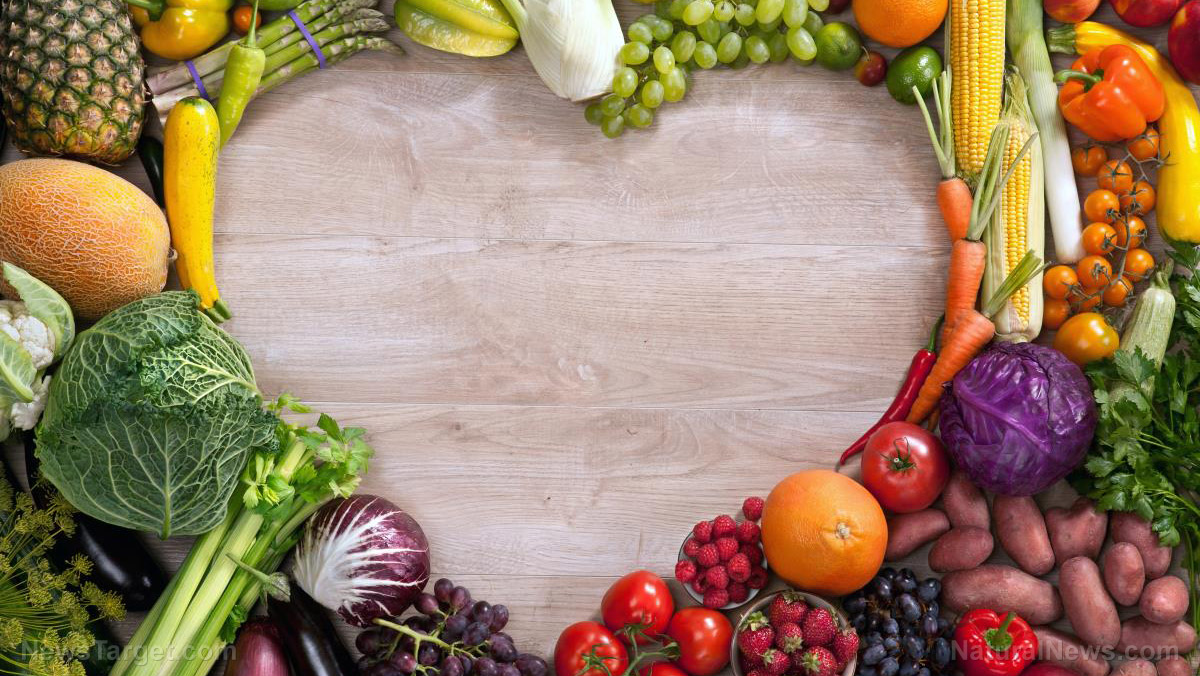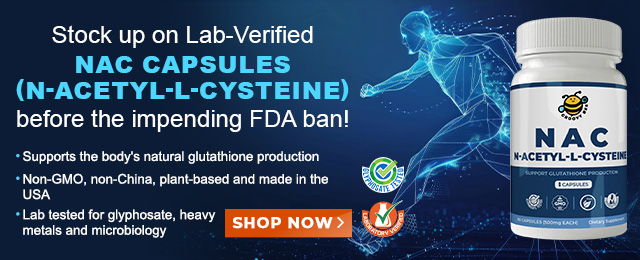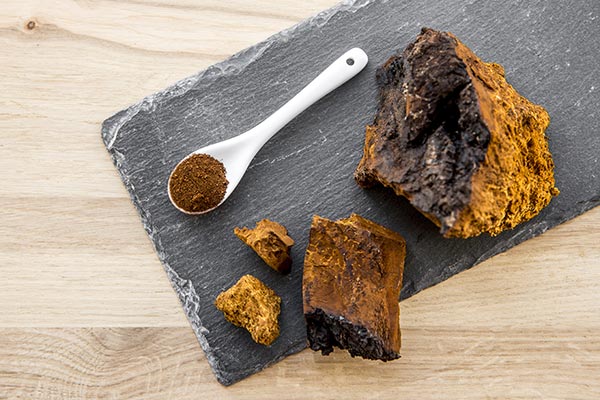
Those looking to keep their heart healthy may benefit from eating foods rich in quercetin. A powerful antioxidant, quercetin helps lower blood pressure, blood sugar and “bad” cholesterol levels. These markers can greatly affect your risk of developing heart disease and suffering from complications like heart attack or stroke.
Quercetin and heart health
Quercetin belongs to a group of plant pigments called flavonoids that give most fruits and vegetables their vibrant colors. Like other flavonoids, quercetin is an antioxidant that scavenges unstable, highly reactive molecules called free radicals. At high levels, free radicals can damage healthy cells, proteins and DNA, and even cause cell death.
Free radicals also play a causal role in atherosclerosis, which is marked by hardened, narrow arteries. It usually occurs when excess low-density lipoprotein (LDL), or “bad” cholesterol, builds up along the arteries, restricting blood flow. This, in turn, raises blood pressure and puts you at risk for heart attack or stroke.
Antioxidants work by neutralizing free radicals, preventing the damage they cause. Many test tube and animal studies have shown that one of the ways in which quercetin keeps your heart healthy is by protecting against atherosclerosis.
Some studies have also shown that quercetin can not only reduce LDL cholesterol but also increase levels of high-density lipoprotein (HDL), or “good” cholesterol. HDL cholesterol absorbs excess LDL cholesterol and carries it to the liver, which then flushes it out of your body. As such, having healthy levels of HDL can reduce your risk of heart disease and stroke.
Quercetin also helps lower blood sugar. If left unchecked, high blood sugar can eventually damage the blood vessels and nerves that control your heart. This is the main reason why people with diabetes, a condition marked by high blood sugar, are also more likely to develop heart disease and other heart issues.
Because of quercetin’s antioxidant properties, experts are also looking at quercetin and its potential for cancer prevention.
Foods rich in quercetin
Quercetin can be found in many plant-based foods, such as fruits, vegetables, nuts, seeds and grains. It is also a component of many medicinal herbs, such as ginkgo biloba and St. John’s wort.
On average, people normally get about five to 40 milligrams (mg) of quercetin per day through their diet. But if you often eat fresh fruits and vegetables, then you may be getting closer to 200 to 500 mg of quercetin per day.
There is no fixed amount of quercetin that you should be getting daily, especially if you normally eat fruits and vegetables as part of your diet. If you’re taking supplements, however, experts recommend dosages between 500 and 1,000 mg per day.
The following foods are rich in quercetin. Consider adding them to your diet to boost your quercetin intake:
- Capers – Capers are the immature flower buds of the caper shrub. Brined or dried, capers add a burst of flavor to salads, pasta dishes and roasted vegetables.
- Red onions – Red onions’ high quercetin content more than makes up for their powerful odor and tear-jerking effect. Red onions are best added raw to salads and sandwiches, but they can also be sauteed, grilled or added to soups.
- Apples – The peels of apples, especially red apples, are loaded with quercetin. Roast apple peels to make healthy chips or brew them to make tea.
- Berries – Quercetin is found in all berries. Blend your favorite berries into an antioxidant-rich smoothie or use them as a topping for your oatmeal in the morning.
- Cherries – Quercetin is the most abundant antioxidant in cherries. Top your yogurt or oatmeal with cherries for added flavor. You can also replace high-calorie desserts like ice cream with cherries.
- Kale – Green, curly kale is rich in quercetin. Toss it with pasta, add it to scrambled eggs or make kale chips.
- Cherry tomatoes – All tomato varieties are good sources of quercetin, but cherry tomatoes are the best because they have the highest ratio of skin to flesh. Cherry tomatoes make a tasty, low-calorie snack.
- Broccoli – Broccoli is rich in many health-supporting compounds, including quercetin. Steam or blanch broccoli florets for an easy side dish or elevate your salads by topping them with raw broccoli florets.
- Buckwheat – Buckwheat is richer in quercetin and other antioxidants than other widely consumed grains. Buckwheat groats are best soaked, sprouted or fermented for optimal digestion,
- Green tea – Green tea is also a good source of quercetin. If you’re not a fan of green tea’s bitterness, add a dash of fresh lemon juice or raw honey to your green tea to balance the taste.
Quercetin is a powerful antioxidant that can help reduce your risk of heart disease and other chronic health issues. Add quercetin-rich foods to your diet to keep your heart healthy and to maintain optimal health.
Sources:




























